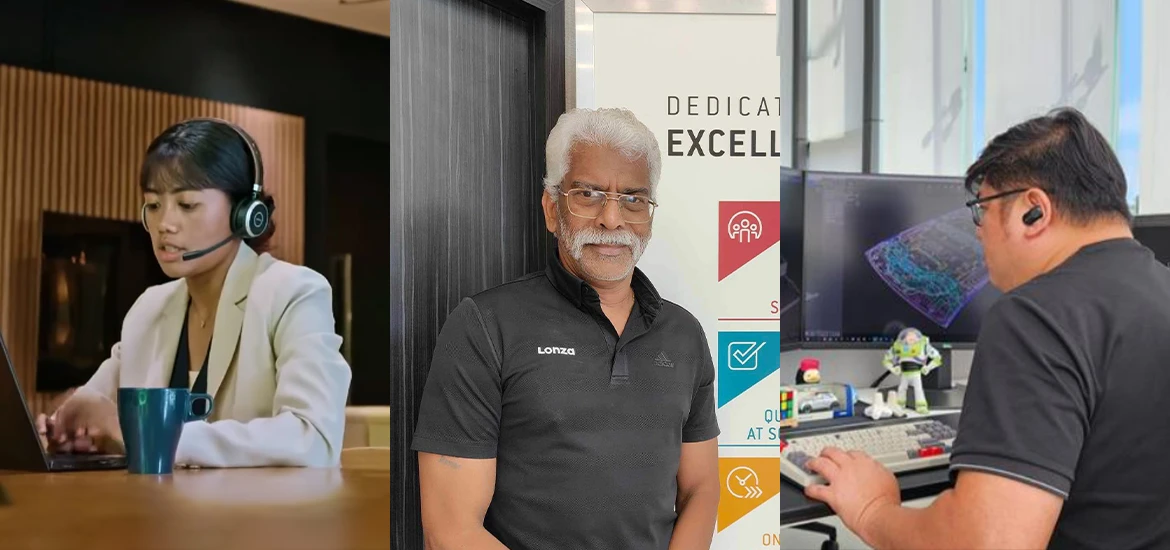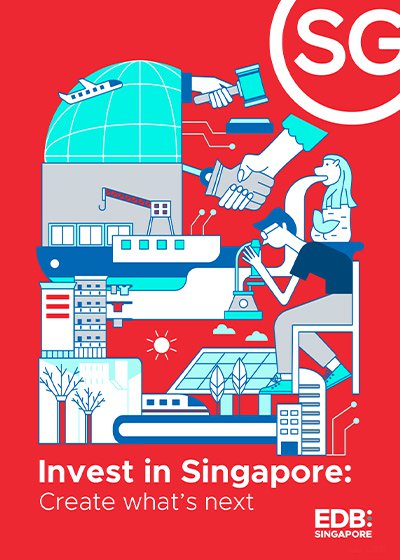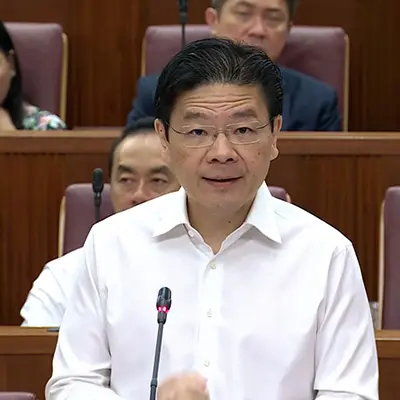Isdiyanah Dulkifli, 28, works at French multinational company (MNC) Schneider Electric in a role that cuts across the digital and green economies.
A graduate of NUS Business School, she bolstered her skills with on-the-job training and courses in analytics and automation. From Schneider Electric’s East Asia headquarters in Singapore, she uses digital tools to improve efficiency and sustainability at smart and sustainable factories across Asia.
At Swiss healthcare manufacturer Lonza, Soundararajan Selvaraj, 64, oversees operational excellence at its Tuas site.
He chose to make a mid-career switch from electronics about 20 years ago and devoted personal time to attain a Workforce Skills Qualification (WSQ) certification. This allowed him to join pharmaceuticals, an industry set to keep expanding in Singapore.
With the launch of Hyundai Motor Group Innovation Center Singapore last year, Neo Chin Chye, 45, is adapting his past skills and experience as a 3D artist and digital animation lecturer to contribute to a new industry. He is developing a Meta Factory, or a digital twin of an actual factory that will allow robots and humans to cooperate on the factory floor in new ways, furthering innovation in future mobility solutions, including electric vehicles, from Singapore.
These career stories show how Singapore has secured a place in global value chains, offering Singaporeans opportunities to secure good jobs and continue or embark on new careers, even as the economy evolves, restructures and grows.
As at 2022, there were 60,300 majority foreign-owned companies registered in Singapore, employing 1.2 million Singaporeans. Surveys indicate that most Singaporeans want to work for MNCs, due to the international exposure and the experience of performing at a globally-competitive level. Those with extensive MNC experience have been sought after for leadership roles in local enterprises, government entities and startups.
There is a good pipeline of investment projects here. In 2023, EDB secured investment commitments expected to create over 20,000 new jobs within the next five years.
The majority will be jobs for professionals, managers, executives and technicians for locals – with over half in services industries, more than a quarter in R&D and the rest in manufacturing.
But Singapore’s external operating environment is becoming more challenging. With Base Erosion and Profit-Shifting (BEPS 2.0) rules and the rise of industrial policies in many economies, tax incentives will become less effective, making competition to anchor high-quality investments stiffer.
We are refining our playbook to stay ahead of the competition. This means doubling down on what has worked well for us, strengthening Singapore’s industry capabilities to enhance our overall competitiveness and developing new growth sectors.
The good news is that we are doing this from a strong position. Budget 2024 measures will boost our toolkit and help businesses alleviate near-term cost concerns.
As interest rate rises moderate and demand for key exports improves, I am also cautiously optimistic that 2024 will yield positive investment and economic outcomes, barring any major shocks.
Growth by design
Many factors have worked in our favour. As an investment destination, Singapore remains unique in offering businesses a combination of stability, innovation, a skilled workforce and connectivity to a fast-growing regional market. Many hubs have one or two of these attributes but rarely a combination of four.








